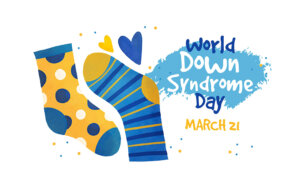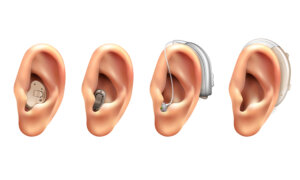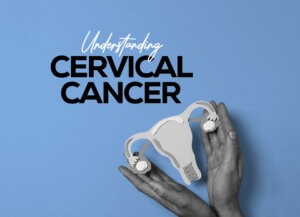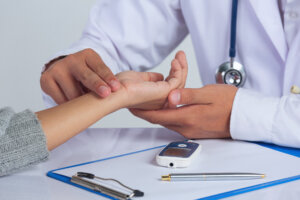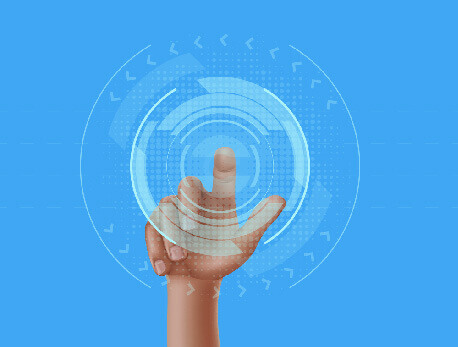Today May 17, we join the rest of the world to mark World Hypertension Day. The theme for this year is “Measure Your Blood Pressure Accurately, Control It, Live Longer”
Hypertension is a condition in which the blood vessels have persistently raised pressure. It is a serious medical condition and can increase the risk of heart, brain, kidney, and other diseases.
According to WHO, an estimated 1.13 billion people worldwide have hypertension, most of these, about two-thirds, live in low to middle-income countries.
WHAT IS BLOOD PRESSURE.
Blood pressure is the force exerted by circulating blood against the walls of the body’s arteries, the primary blood vessels in the body. The blood pressure is recorded as two numbers:
Systolic blood pressure (the first number): this represents how much pressure your blood is exerting against your artery walls when the heart beats.
Diastolic blood pressure (the second number): this represents how much pressure your blood is exerting against your artery walls while the heart is resting between beats.
Hypertension is diagnosed if, when Blood pressure is measured on two different days, the systolic blood pressure readings on both days is ≥140 mmHg and/or the diastolic blood pressure readings on both days is ≥90 mmHg
CAUSES OF HYPERTENSION
The cause of hypertension is usually unknown, but it can also be due to an underlying medical condition.
Risk factors includes:
- Older Age
- Smoking
- Family history of high blood pressure
- Unhealthy diets (diet high in saturated and trans fats)
- Obesity
- Heavy alcohol consumption
- High sodium or salt diet
TYPES OF HYPERTENSION
- Primary Hypertension (also known as Essential Hypertension): For almost 90% of persons, the cause of this Hypertension is unknown. Your doctor will diagnose this Hypertension type after analyzing your blood pressure after three or four visits. People who suffer from this Hypertension type show no significant symptoms.
- Secondary high blood pressure: This is caused by another medical condition or use of certain medicines. It usually gets better after you treat that condition or stop taking the medicines that are causing it.
SIGNS AND SYMPTOMS OF HYPERTENSION.
Hypertension is often called a “Silent Killer” because it may have no warning signs and symptoms. Without detection, hypertension can damage the heart, Brain, blood vessels, and other organs, such as the kidneys and Eyes.
Signs and symptoms are due to organ involvement or damage and some of these include;
- Profuse sweating.
- Insomnia
- Headache
- Dizziness
- Nervousness/Anxiety
- Nausea
- Vision changes and buzzing in the ears

MANAGEMENT OF HYPERTENSION.
While drugs are being used for the management and control of hypertension. Lifestyle management is usually the first approach. Lifestyle changes can help you control and prevent high blood pressure, even if you are taking blood pressure medication. Here is what you can do:
- This involves using the DASH method (Diet approach to stop hypertension) and this places emphasis on consumption of fruits, vegetables, whole grains, poultry, fish, and low-fat dairy foods. Get plenty of potassium, which can help prevent and control high blood pressure. Eat less saturated fat and trans-fat.
- Decrease your salt intake to less than 5g daily or sodium intake of less than 2g daily.
- Avoid consumption of processed foods or snacking.
- Maintain a healthy weight: increase physical activity. Regular physical activity can help lower your blood pressure; keeping your weight under control help reduce your risk of many health conditions. A weight loss of 10kg reduces Blood pressure by as much as 5mmHg. If you have high blood pressure, consistent moderate- to high-intensity workouts can lower your top blood pressure reading by about 11 mm Hg and the bottom number by about 5 mmHg.
- Manage stress: Reduce stress as much as possible. Practice healthy coping techniques, such as muscle relaxation, deep breathing, or mindfulness. Getting regular physical activity and plenty of sleep can help, too.
- Reduce Alcohol intake
Controlling your blood pressure is a lifestyle commitment. It could be very tasking as it is a chronic illness. It is important to keep and follow up with doctor’s appointment, drug regime and modification of lifestyle activities.



